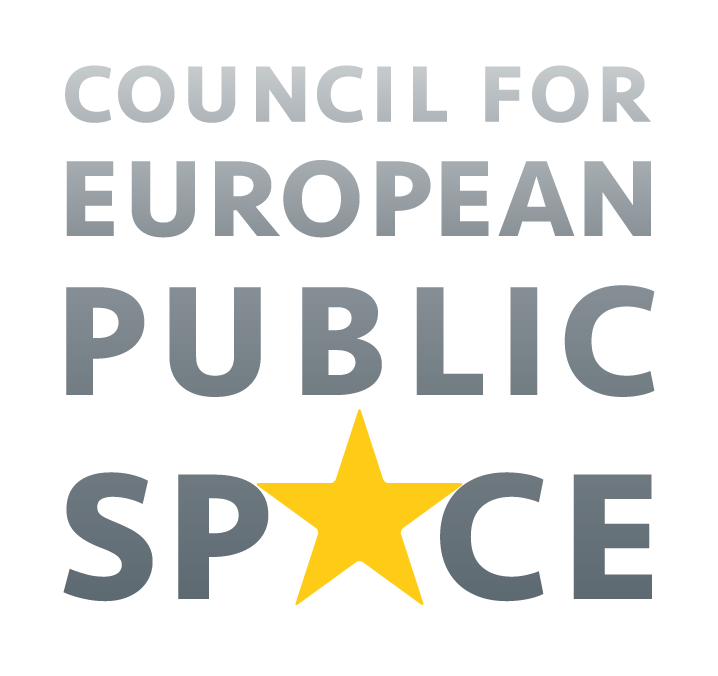
CfEPS in the media
Heavenly AI Promises and Real-World Side Effects
At the forefront of Open AI’s latest “innovations,” an increase in disinformation seems inevitable. Current regulations and technical solutions often fall short. Jürgen Pfeffer of TU Munich and Matthias Pfeffer from the Council for European Public Space argue that AI companies must prove the benefits of their products before causing further harm to democracy.
Open AI recently introduced “Voice Engine,” a tool that can clone a voice from a 15-second sample. This follows reports of voters in New Hampshire being misled by a fake call from a voice mimicking Joe Biden. While Open AI acknowledges the risks and promises caution, their text-to-video tool “Sora” has faced skepticism regarding its capabilities. Despite advancements, the spread of misinformation remains a critical concern, especially with numerous significant elections approaching. Industry leaders like Open AI’s Sam Altman and Google’s Sundar Pichai call for regulations, but political and lobbying challenges hinder progress. As Big Tech proposes internal ethics committees and technical fixes, experts argue for more rigorous testing and clear regulations to mitigate AI’s risks and ensure its benefits.

ABOUT
The Council for European Public Space is a non-governmental new-style think-and-do tank that brings together eminent European personalities and develops evidence-based and politically viable strategies to create an open, fair and safe digital European Public Space. It works like a think and do tank by initiating research and studies, bringing together actors from politics, science, and civil society, and initiating joint projects that advance Europe on the path to a democratically constituted digital public space.
Supported by grants from the European Cultural Foundation.
The Council for European Public Space is registered in the Transparency Register of the European Commission.
